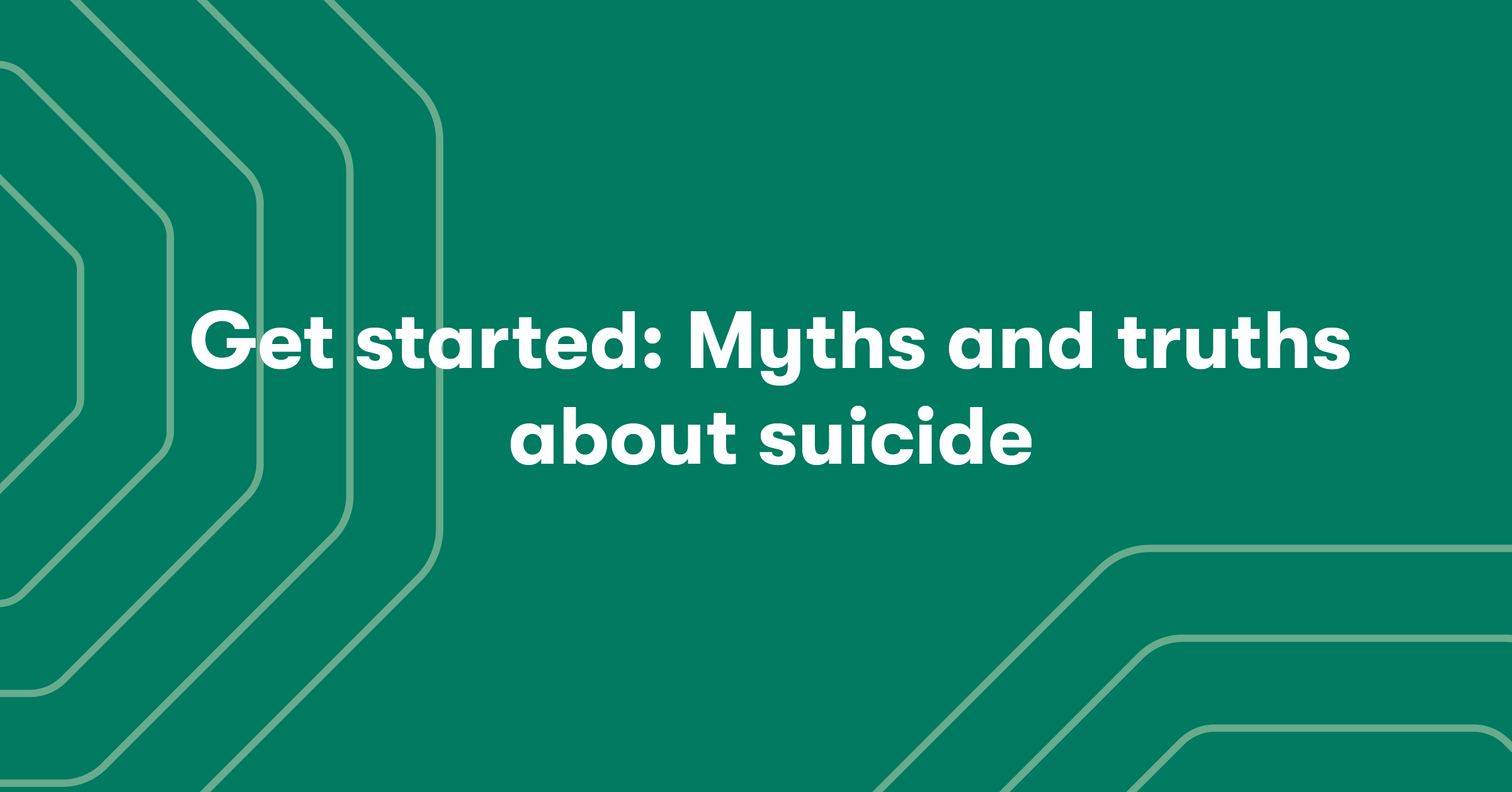
What every parent should know about childhood depression

By Brightline team, Sep 17, 2024
Kids are exposed to the topic in movies and TV shows and they hear about it on podcasts. Yet somehow, it’s still hard to talk about suicide, especially with (or about) someone in your own family. It can feel scary to say it all out loud, but it is an important conversation to have.
Here are three myths and truths that can make talking about suicide with your child a bit easier.
1. Myth: If I bring up suicide with my child, it’ll put the idea in their head.
Truth: There is no evidence to support that concern. Talking about suicide can actually help your child. If you show them you’re open to the conversation, your child will know that they can come to you with questions or for support.
2. Myth: Kids and teens who mention thoughts of suicide are just seeking attention.
Truth: All talk about or warning signs of suicide should be taken seriously, no matter what. Whether it’s mentioned casually or in detail, communicating about it is a clear need for support.
3. Myth: If my child won’t have the conversation with me, they won’t be able to get help.
Truth: Two things are important here. One, even if they aren’t open to talking with you, make sure they know they can always come to you if they change their mind. Two, let them know when they do want to talk, they have options. Mention another trusted adult they can rely on like a family member, teacher, counselor, or coach. This is also a great time to reach out for support from Brightline; kids are surprised that talking to a therapist is often easier than they might think at first. You can also share the number of a crisis text line with older kids.
If you or your child need more support discussing suicide or processing difficult emotions, Brightline is here to help. Sign up or sign in for helpful resources and access to coaching and therapy.
Note: If your child has talked about suicide or hurting themself or anyone else, it’s important that you seek support immediately. An expert can assess their risk and help you come up with a safety plan. If you’re not sure who to talk to, call or text 988 to reach the Suicide & Crisis Lifeline. (You can also chat from your computer with a trained counselor at 988lifeline.org.). Additional resources are available at hellobrightline.com/safety. If this is an emergency and you’re concerned that your child will immediately harm themselves or others, call 911.